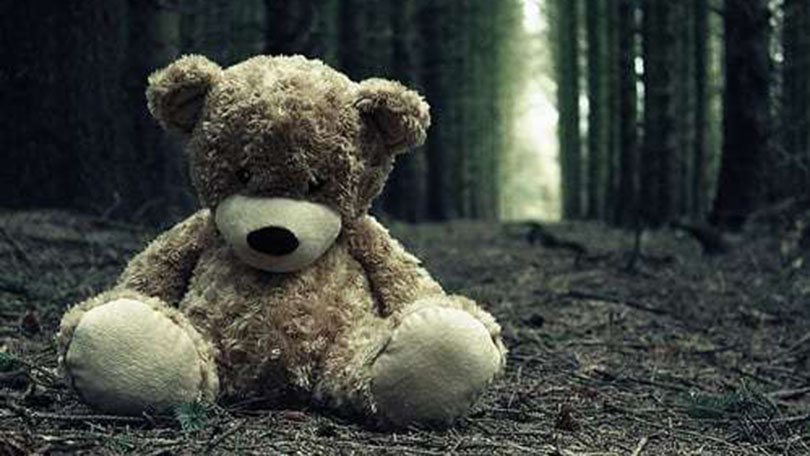Life can feel like a battle to survive especially for children that are neglected. Child neglect abuse is failure to handle children with proper care. According to eschooltoday.com there are different types of child neglect:
- Inadequate Supervision: If a parent or caregiver leaves a child with other people not qualified or responsible enough to care for them, it is neglect. It also involves inadequate supervision for the child as they watch TV, use the internet, or play in a place that is known to be an unsafe neighborhood. Exposure to hazardous tools, materials, weapons and the like are all considered as neglect.
- Emotional Neglect: This involves the lack of, or inadequate affection and attention for the child. It also includes frequent exposure of the child to spouse abuse and domestic violence, and denying the kid to enjoy childhood, playing and having fun with other kids, or other people outside the home.
- Physical Neglect: Some of the scenarios with physical neglect may be the disregard for appropriate clothing and nutrition for the child. It also includes abandonment, expulsion, constantly giving others custody of the child just to have your own convenience.
- Medical Neglect: Failure to get competent medical attention, for illnesses, injuries or any form of impairment may be called medical neglect. Delay in getting medical attention is also neglect.
- Educational Neglect: This includes allowing truancy, not showing adequate interst in a child’s educational progress, not providing special assistance to children with special needs.
Parents wouldn’t neglect their children because they don’t love them. Psychologytoday.com gives other reasons. Circumstances that place families under extraordinary stress—for instance, poverty, divorce, sickness, disability—sometimes take their toll in the maltreatment of children. Parents who abuse alcohol or other drugs are more likely to abuse or neglect their children. The site also gives signs of neglect when the child:
- Is frequently absent from school
- Steals or begs for food or money
- Lacks needed medical or dental care, immunizations or glasses
- Is consistently dirty and has severe body odor
- Lacks sufficient clothing for the weather
- Abuses alcohol or other drugs
- States that there is no one at home to provide care
Neglect can also occur when parents:
- Appears to be indifferent to the child
- Seems apathetic or depressed
- Behaves irrationally or in a bizarre manner
- Is abusing alcohol or other drugs
Neglect has an impact on children and eschooltoday.com shares the effects it has on them:
- Health and Physical Effects: Lack of adequate nutrition may result in malnutrition, which affects children in many ways such as stunted growth and brain growth. Malnutrition may also cause depression, anxiety, cognitive and motor delays.
- Social and Behavioral Effects: Research shows that children exposed to poor family management practices are at a greater risk of developing conduct disorders and of participating in delinquent behavior. Older children may display self-abusive behavior (e.g., suicide attempts or cutting themselves). They may have difficulty forming and keeping friendships.
- Emotional and Psychological Effects: Children with inadequate love and emotional care may have a lower self-esteem, self-regard, self-confidence, and self-awareness. They may also exhibit anxiety, depression and hostility.
- Intellectual and Cognitive Effects: Children’s cognitive capacity, academic and language development are greatly affected by neglect. In some cases, neglected children had difficulty learning in school and getting along with siblings or classmates, with little or no interactions with peers.
- Adulthood: Late in life, children who were neglected for long periods may engage in risky behaviors such as drug and substance abuse, criminal activity, and sexually exploitative relationships. They may potentially pass on the treatment they received to their children and expose their children to harmful events and things.
Parents looking for treatment can find it with maternal home visiting. They offer programs to show inexperienced parents how to nurture their newborn babies. The programs will help strengthen the bond between parents and their babies. Being parents is a stressful and hard job. They have the strength to overcome challenges if they have a helping hand to guide them in the right direction.
Do you know your score?
Discover your ACE score and unlock a new understanding of your life. Take the test and gain insights into how your early experiences shape your well-being. Don't let your past define you – empower yourself with knowledge.

Joanne Marszal
Author
I live in West Palm Beach Florida and I have a Multimedia Journalism degree from Florida Atlantic University. Writing is my passion. I love helping people with information they need to know.
